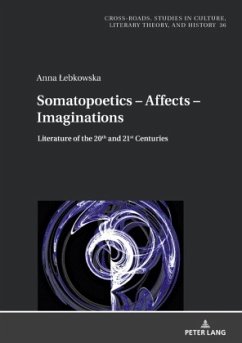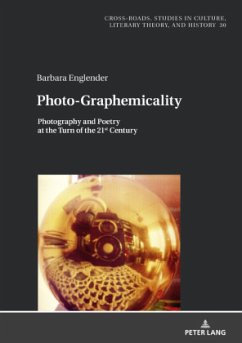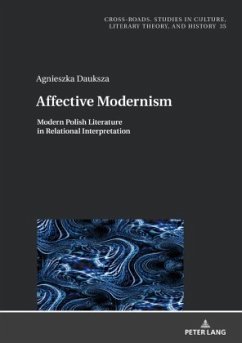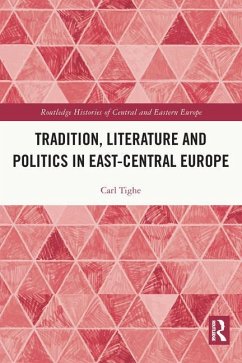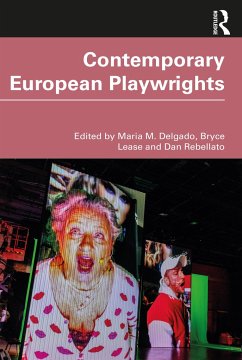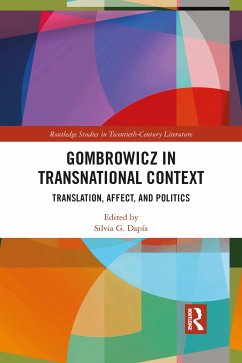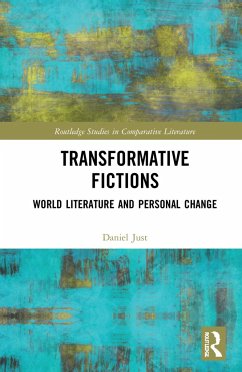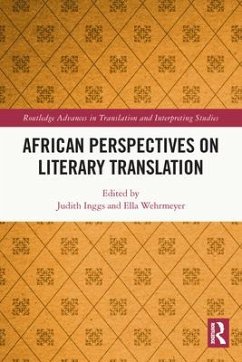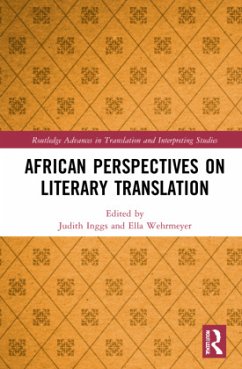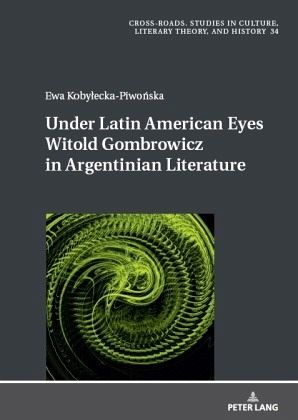
Under Latin American Eyes Witold Gombrowicz in Argentinian Literature
Versandkostenfrei!
Versandfertig in 6-10 Tagen
59,95 €
inkl. MwSt.

PAYBACK Punkte
0 °P sammeln!
This book explores the influence and reception of Witold Gombrowicz's works in Argentina, where he spent over two decades and wrote much of his oeuvre. It examines the "Gombrowicz effect" in Argentinian literature, investigating who read his works, how his themes were integrated or ignored, and his impact on Argentinian culture and literature.Using comparative literature methods, the author analyses the case of Gombrowicz's literary appropriation. The study starts with key Spanish translations of Gombrowicz's texts and then assesses a series of Argentinian critical essays on his works. It focu...
This book explores the influence and reception of Witold Gombrowicz's works in Argentina, where he spent over two decades and wrote much of his oeuvre. It examines the "Gombrowicz effect" in Argentinian literature, investigating who read his works, how his themes were integrated or ignored, and his impact on Argentinian culture and literature.
Using comparative literature methods, the author analyses the case of Gombrowicz's literary appropriation. The study starts with key Spanish translations of Gombrowicz's texts and then assesses a series of Argentinian critical essays on his works. It focuses significantly on Argentinian writers, such as Ricardo Piglia, César Aira, and Osvaldo Lamborghini, who were influenced by Gombrowicz and engaged critically with his literature and his legendary life in Argentina.
Using comparative literature methods, the author analyses the case of Gombrowicz's literary appropriation. The study starts with key Spanish translations of Gombrowicz's texts and then assesses a series of Argentinian critical essays on his works. It focuses significantly on Argentinian writers, such as Ricardo Piglia, César Aira, and Osvaldo Lamborghini, who were influenced by Gombrowicz and engaged critically with his literature and his legendary life in Argentina.



